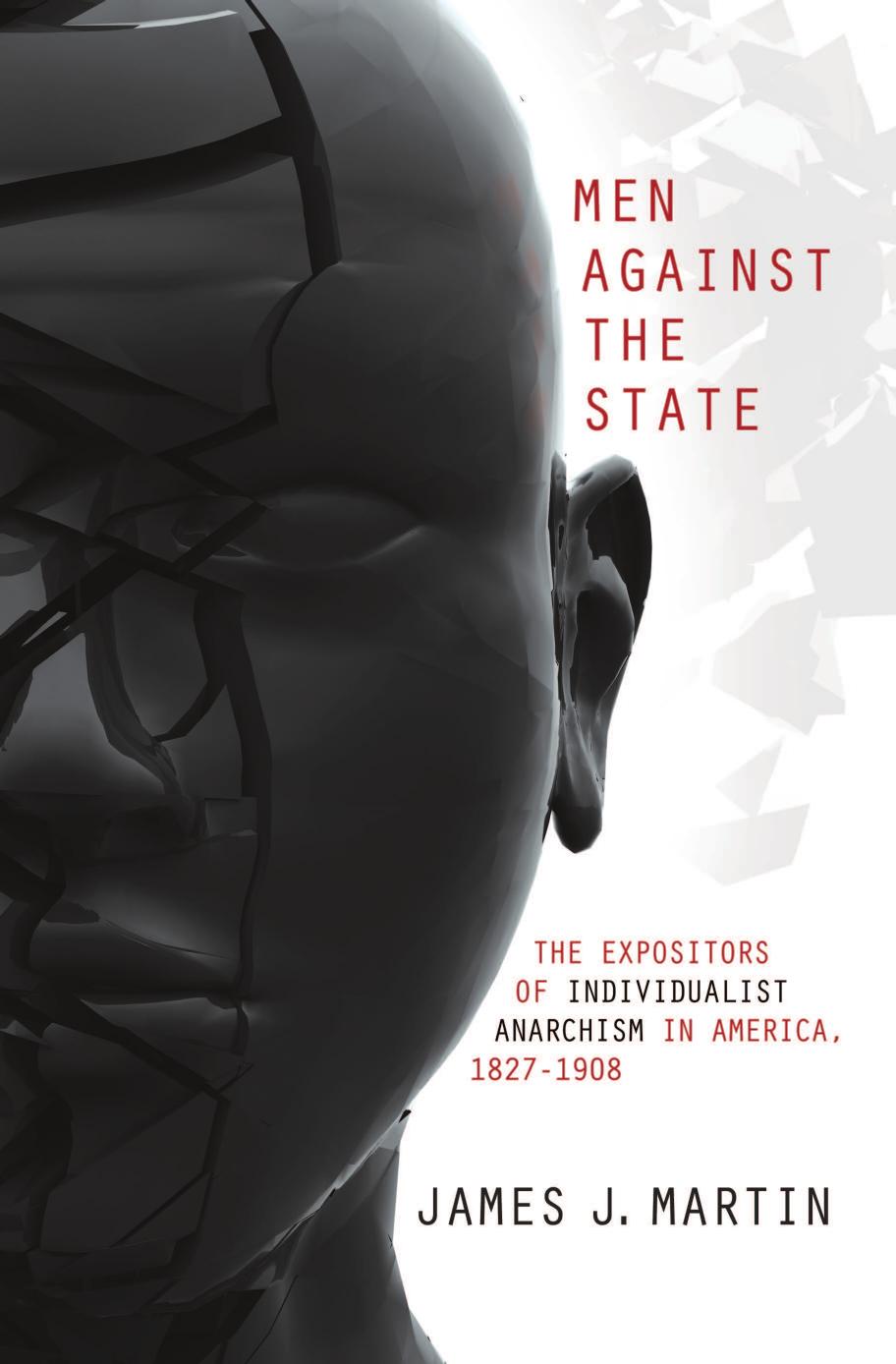Men Against the State by James J. Martin

Author:James J. Martin [James J. Martin]
Language: eng
Format: epub, pdf
ISBN: 978-1-61016-175-6
Publisher: Ralph Myles Publisher, Inc.
Published: 2007-11-06T16:00:00+00:00
4. Stephen Pearl Andrews, Social Philosopher
The course of American anarchism from the times of Josiah Warren to those of Benjamin Tucker includes the career of a fourth prominent exponent, Stephen Pearl Andrews, a participant in a number of reform and radical movements, but who, of the early group, was the only person to take part in the native anarchist movement in all its phases.
Andrews was born a few months before the outbreak of the War of 1812, in Templeton, Massachusetts,62 but followed an older brother to the South, where he experienced the insecure life of the reformer for the first time as a part of the anti-slavery movement. As a young lawyer, first in Louisiana and then in Texas, he achieved local notoriety from 1835 to 1843 as an opponent of slavery. In the latter year he was mobbed and driven out of Houston, reappearing a short while later in London as an agent of independent abolitionists of Texas. He put before Lord Aberdeen and Lord Palmerston a plan for the emancipation of Texan slaves through the medium of a British loan to Texas sufficient to cover their purchase and release. At this point he was abruptly repudiated by Ashbel Smith, Texan chargé d’affaires at London and Paris, who described his plan as an individual venture and not bearing the sanction of the government of Texas.63 This terminated Andrews’ active participation in such matters.
Upon his return to America he gained considerable repute as a pioneer in “phonetic transcription,” known today as shorthand. Over 30 editions of his introductory course books and manuals of “phonography,” written with the collaboration of Augustus F. Boyle, appeared between 1844 and 1849.64 Included in the series were works on philology, phonetic printing and language teaching.65
It was during this time also that Andrews was impressed by economic unrest in the country, reflected by Fourierist socialism, the gropings of a labor movement, and a steady flow of radical writings on the currency problem. He began his participation by writing articles for the Harbinger and by the late 40’s had become a convinced Fourierite. The meeting of the New England Labor Reform League in Boston in January, 1847 found Andrews taking part, along with other Fourierites, as one of the seven speakers heard during the convention.66
The return of Josiah Warren to Boston in 1848 signalled the end of Andrews’ efforts on behalf of association and his attachment to the more radical teachings of native anarchism. Just when he decided that the political and economic approach of Warren was superior to that which he supported before meeting the proponent of equitable commerce is not exactly known. Yet, by the winter of 1850, he was lecturing before the New York Mechanic’s Institute, presenting the individualist anarchist theories in a particularly well-conceived manner. The publication of Andrews’ analysis of Warren’s principles in 1852 under the general title The Science of Society was henceforth regarded by anarchists as the finest statement of Warrenism ever written.67
Andrews succeeded in transposing Warren’s Equitable Commerce from
Download
This site does not store any files on its server. We only index and link to content provided by other sites. Please contact the content providers to delete copyright contents if any and email us, we'll remove relevant links or contents immediately.
| Anarchism | Communism & Socialism |
| Conservatism & Liberalism | Democracy |
| Fascism | Libertarianism |
| Nationalism | Radicalism |
| Utopian |
The Secret History by Donna Tartt(19097)
The Social Justice Warrior Handbook by Lisa De Pasquale(12192)
Thirteen Reasons Why by Jay Asher(8915)
This Is How You Lose Her by Junot Diaz(6890)
Weapons of Math Destruction by Cathy O'Neil(6282)
Zero to One by Peter Thiel(5805)
Beartown by Fredrik Backman(5761)
The Myth of the Strong Leader by Archie Brown(5511)
The Fire Next Time by James Baldwin(5451)
How Democracies Die by Steven Levitsky & Daniel Ziblatt(5221)
Promise Me, Dad by Joe Biden(5155)
Stone's Rules by Roger Stone(5089)
A Higher Loyalty: Truth, Lies, and Leadership by James Comey(4965)
100 Deadly Skills by Clint Emerson(4929)
Rise and Kill First by Ronen Bergman(4792)
Secrecy World by Jake Bernstein(4755)
The David Icke Guide to the Global Conspiracy (and how to end it) by David Icke(4721)
The Farm by Tom Rob Smith(4516)
The Doomsday Machine by Daniel Ellsberg(4491)
